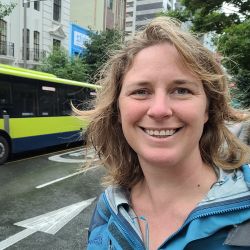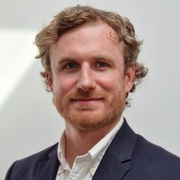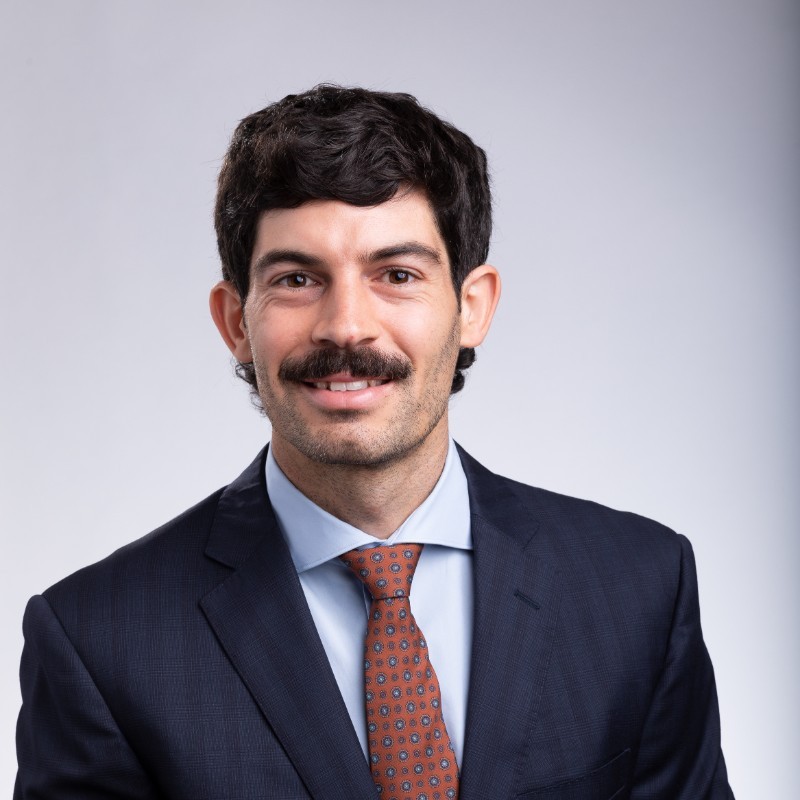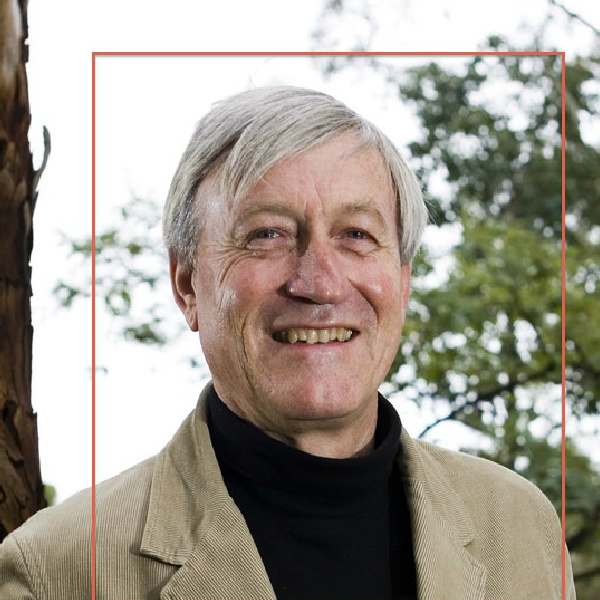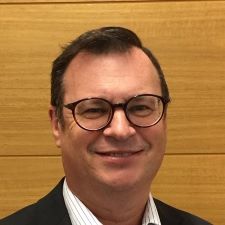About
Established in 2023, the Public Transport Research Committee is a branch of the Australasian Transport Forum (ATRF). The committee, a group of professionals leaders in the field of public transport, aim to contribute through innovative research ideas and provide support to the annual ATRF conference. Its membership is representative of Australia and New Zealand, with leaders from academia and industry. Anyone can become a member of ATRF by applying here. (it's free)
“to promote, improve and enhance quality public transport research in Australia / New Zealand and to better focus research on the needs of Australasian public transport (applied research).”
As a standing committee, its members carry out public-transport focused webinars on topics relevant for both industry and researchers worldwide. Members also engage in providing guidance for funding allocation towards public transport research with an applied output for industry.
The current president of ATRF-PTRC is Professor Graham Currie from Monash University, who is supported by two vice-chairs, Dr Pedro Camargo and Dr Subeh Chowdhury from the University of Auckland. Current secretary is Dr James Reynolds, Monash University, and Dr. Geoffrey Clifton is the Research Needs Coordinator. The committee has a student stream, led by Mr. Fuad Huda, doctoral candidate at Monash University.
To become a member or friend of the PTRC contact the committee chair. All members of the PTRC must be members of ATRF (it's free)





